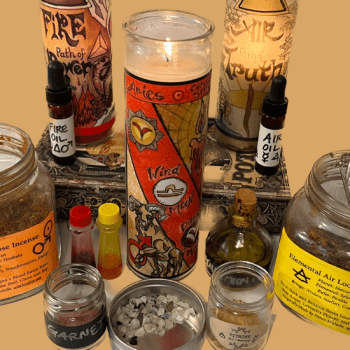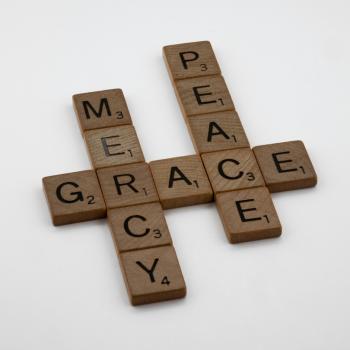Editors' Note: This article is part of the Patheos Public Square on the March from Selma: Fifty Years Later. Read other perspectives here.
How far have we come since Selma?
Not a question that a white southerner whose ancestors fought in gray ought to be positioned to answer. I find myself often annoyed with those who speak as though nothing is different since John Lewis and other peaceful marchers were beaten on March 7, 1965. Friends of mine have been involved in Moral Monday marches here and in Raleigh to protest a variety of ills. Marchers around the country took to the streets in Ferguson, New York, and elsewhere over the killing of unarmed black men by police. All decent people everywhere should agree that police should apply minimal force necessary to do the job the rest of us ask them to do. And contrary to what officer Darren Wilson said, any time a cop leaves behind a body made lifeless by his own hand, it should be a cause of horror. Any cop of any race worth their salt agrees.
But today's marches often feel to me like a '60's getting-the-band-back-together nostalgia parade. Peter Gomes, late campus minister at Harvard, liked to say he was the only black clergyman of a certain age who would admit that he had never marched with King. Now progressives of all stripes can salve their conscience and imagine themselves as courageous as the marchers on Bloody Sunday. They aren't, but never mind.
It's not Selma, Alabama, in 1965, is it?
African-American friends tell me different. They don't say that our times are identical with Jim Crow days — they know they're not. But they're reluctant to let white southerners like me pronounce ourselves innocent and without need of further correction. And they're right to be hesitant. When the Supreme Court struck down provisions of the Voting Rights Act in 2013, the frequent defense was that "This is not 1965." That's surely correct. One of my African-American pastor friends is married to a white woman and they have beautiful children. Another, on my staff, pastors in a largely white rural community. They were each educated at our state's best institutions and welcomed with open arms. These things could not have happened safely in the South in 1965. Things have improved.
But there I go again — exonerating my "us," white people, from any ongoing guilt and any further need for racial repentance and healing. Words like "tolerance" and "inclusivity" don't lift the luggage for what we need. I remember an African-American student at Duke saying, "I don't actually want to be tolerated. I think I'd like to be loved." And the lifting of the landmark 1965 Voting Rights Acts for which Lewis and others bled was followed by states like mine adopting new laws that make it harder for some minorities to vote. History dies hard.
What we white southerners need is a realization of the scale of the horror on which this country was built. Slavery was woven into our fabric from 1619 to 1865. Jim Crow for another century after. Anyone who thinks these practices and their effects are gone doesn't understand how history works. As a pastor, all I have to draw on is history — Abraham, Jesus, Paul, St. Augustine, John Wesley. They've all been gone a lot longer than the peculiar institution. Yet they're alive and well in my preaching, in the church's memory, in the practices of our ordinary workaday Christian lives. "The past isn't dead," Faulkner famously said. "It's not even past." One thing I love about being a southerner is we know our traditions. We speak as if Stonewall Jackson might just ride around the corner and save us from . . . something. But when it comes to our horrifying history over race, we southerners act like historical idiots. 'Nah, that was a long time ago.' Note our historical silence on what the actual Stonewall was fighting for. One black pastor friend, when I asked if things weren't better, scoffed. "Tell my realtor. She says we have to talk all our 'black stuff' down if we want to sell our house."
One quibble with the otherwise beautiful film Selma is I would have liked more attention to the motives of those opposed to the marchers. They weren't just bigoted bullies with billy clubs, though they were that. They were also worried about communism. It was an age in which Soviet missiles were aimed at us (and ours at them too — note, this is still true!). And Jim Crow was terrible PR on the clash of civilizations stage. White folks could have been genuinely convinced they were opposing communism by opposing civil rights. They were wrong, of course. But we are too. Whoever we are. The problem is we have trouble seeing where we are wrong. So depicting people with enough nuance to see where their motives could have been less ghastly is important. Even my Confederate ancestors fought not for slaves, which they didn't have. They fought because a big army was coming their way — which is hard not to do.




